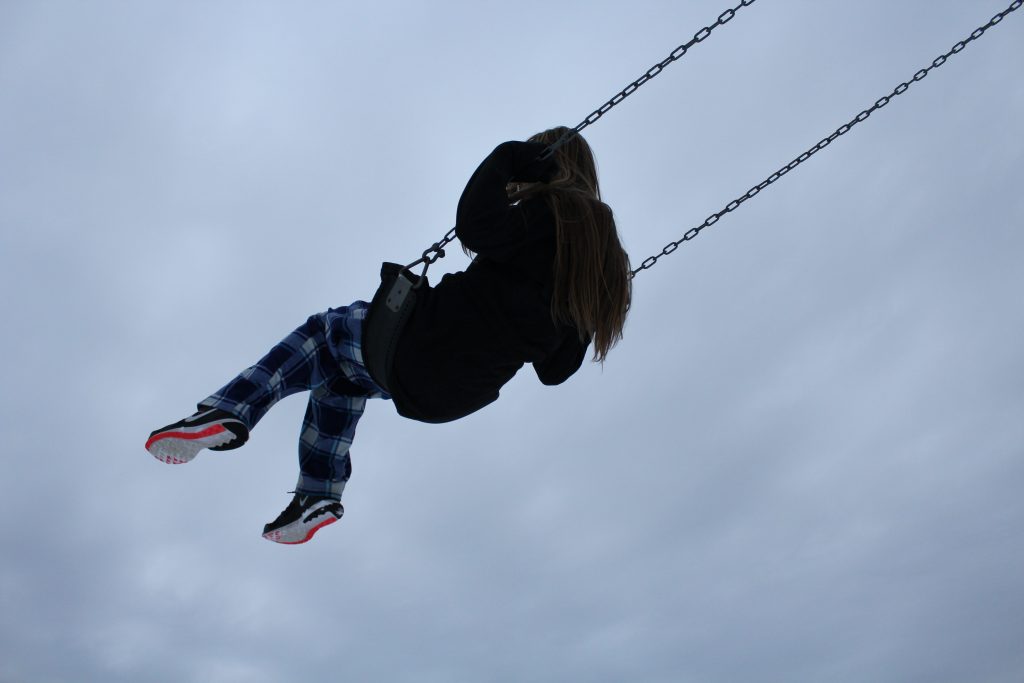Child Sexual Exploitation (CSE) is a devastating form of child abuse, highlighted in recent years by several headline cases in Rotherham, Telford, Oldham, Derby, Oxford and in Bristol.
But up to now, different agencies have been using many different definitions of CSE. The Government has launched a consultation this month seeking views on a new definition of child sexual exploitation. It says that the number of definitions of child sexual exploitation in use has led to some confusion and inconsistencies in risk assessment and in data collection. The new proposed definition is intended to remove any ambiguity:
‘Child sexual exploitation is a form of child abuse. It occurs where anyone under the age of 18 is persuaded, coerced or forced into sexual activity in exchange for, amongst other things, money, drugs/alcohol, gifts, affection or status. Consent is irrelevant, even where a child may believe they are voluntarily engaging in sexual activity with the person who is exploiting them. Child sexual exploitation does not always involve physical contact and may occur online.’
The revised definition will be brought into effect on 1 April 2016 and included within the statutory guidance, ‘Working Together to Safeguard Children’.
As a safeguarding and sexual health trainer, I believe that CSE can be effectively challenged by offering young people high quality relationships and sex education. Professionals can all have a role in helping young people to fully understand what real sexual consent is. Simply put, sexual consent means a person willingly agrees to have sex or engage in a sexual activity – and they are free and able to make their own decision. Sex without is consent is therefore rape or sexual assault. Young people need to know that the law also recognises that a person might not have sufficient capacity to give consent because of their age or because of a mental disorder. The amount someone has had to drink or the drugs they have taken may also affect their ability to consent. If someone repeatedly asks for consent and they are refused, this can count as sexual harassment.
Young people also need to know that the age of consent to any form of sexual activity is still 16 for both men and women (although the police are not likely to prosecute sexual activity of 13-15 year olds that are deemed consensual). There are specific laws in place to protect children under the age of 13 who cannot legally give their consent to any kind of sexual activity.
Very importantly, a person under the age of 18 cannot consent to sex if it is with a person who has a duty of care or is in a position of authority or trust, such as a teacher, carer or support worker.
Nothing is more important than safeguarding children. By fully understanding consent and abuse, we can raise awareness and make sure that we can provide the best protection for children and young people.
